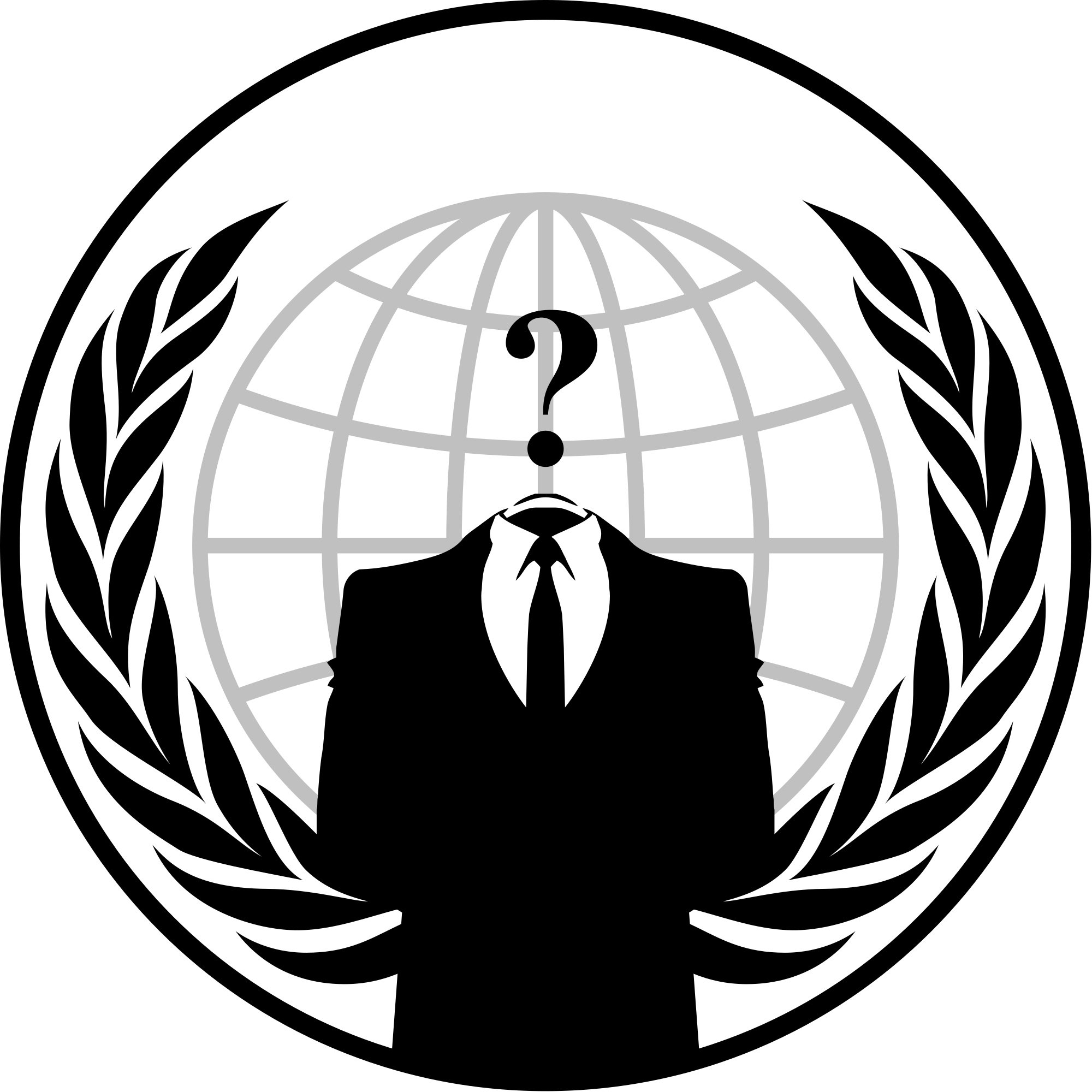So if action dictates persona, then does the additional level of filtering imply that what a person posts online is more representative of them than their actions as a living person? That depends on the context of their posts. Within the confines of identifying social media, like Facebook, then a person may portray themselves in a certain way under the premise that people know who they are. But under anonymity, a person's actions may change. On some websites, a user can post without fear that anyone will know who they are, such as 4chan. 4chan is a website within the culture of the internet that is infamous for being host to some of the most depraved, horrid content a person could imagine. It is also the birthplace of the hacktivist group, Anonymous. Research provides evidence that anonymity online allows users to fear very little for the way they are perceived, thus giving their most carnal thoughts and feelings no reason to be stifled.
Are the actions one takes under anonymous circumstances more indicative of their personality than what they post on personal Facebook accounts? Or is identity dictated by how other people perceive a person, making their anonymous posts nothing more than intrusive thought brought to life? Once again, do the actions a person takes on the internet affect their identity in real life, or is the online identity a separate entity altogether?
In my personal opinion, identity online may be defined by how people perceive that persona, but a person's identity in real life is much more represented by who they are all the time. I think the second filter allows for too much editing and doesn't necessarily fully represent a person. When considering anonymity, a person posting anonymously online is more representative of their real life persona than their online identity. Personally, I believe the philosophy of it all to be fascinating, but it is difficult to really pin down what makes an identity, and therefore, it is difficult to discuss how an online identity represents a person.

No comments:
Post a Comment